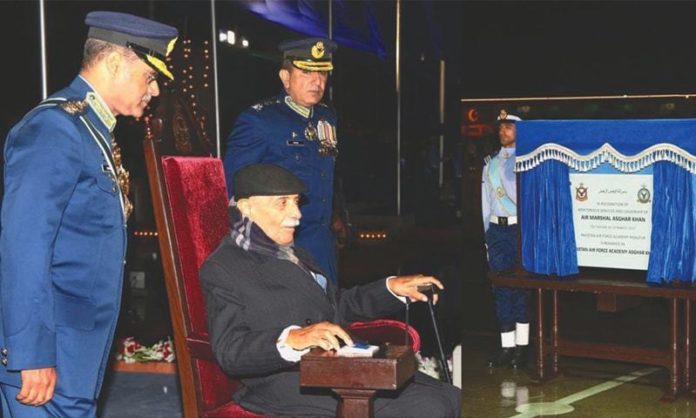Air Marshal (Retd) Asghar Khan, the first native commander-in-chief of the Pakistan Air Force (PAF), passed away at the age of 96 on Friday morning in Islamabad, a spokesperson of the PAF said in a statement.
Khan, who became the youngest head of PAF at the age of 35, passed away after a long illness. His funeral prayers will be offered on Saturday in Abbottabad.
“Air Marshal Asghar Khan headed the PAF diligently and with courage. With his leadership capabilities, he played a vital role in transforming the PAF into a modern air force,” Air Marshal Sohail Khan was quoted as saying in PAF’s press release.
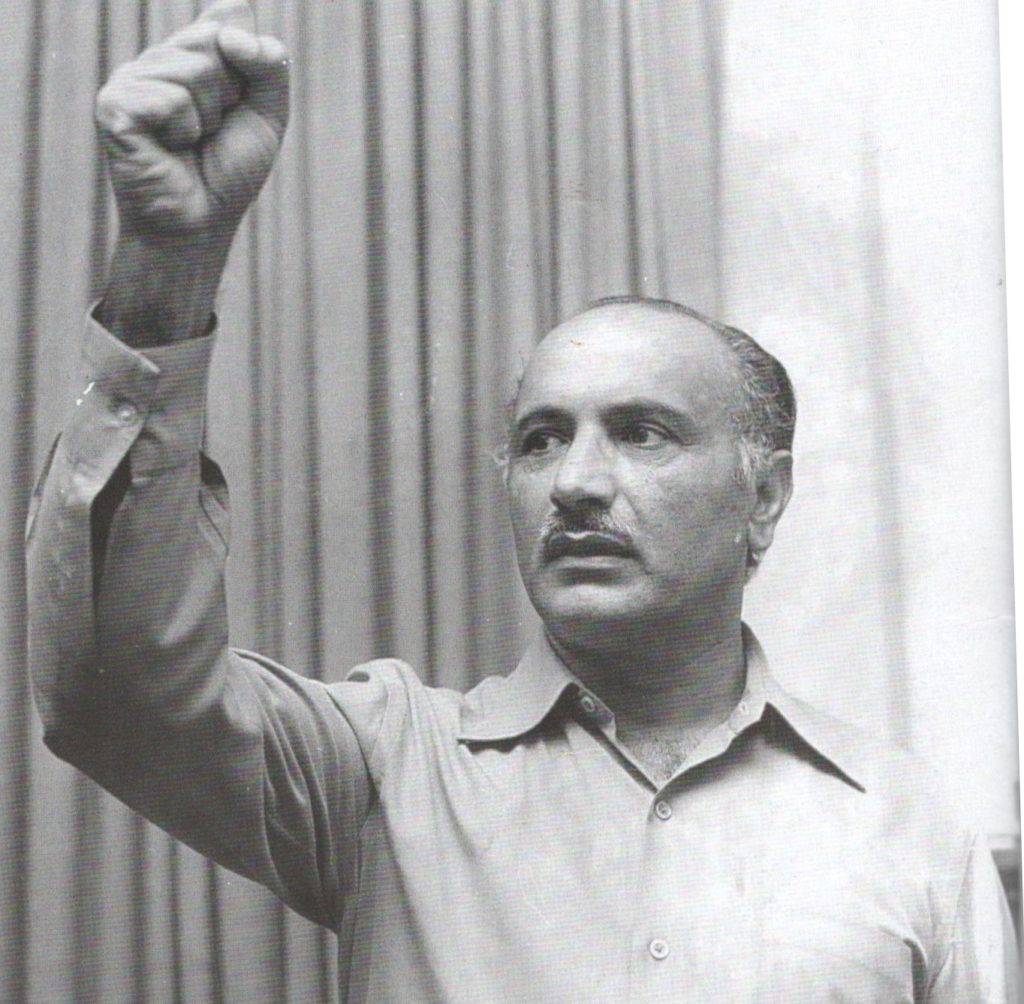
“Air Marshal Khan had [a] good character, great commitment and professional capability,” he added.
Chief of Army Staff Gen Qamar Javed Bajwa paid tribute to the late fighter in a message posted on Twitter by military spokesman Maj Gen Asif Ghafoor, calling him “iconic”.
“COAS expresses his grief on demise of ex Air Chief, Air Marshal Asghar Khan, retired. An iconic soldier who will be remembered for his historic contributions for laying foundations of a strong Pakistan Air Force. May Allah bless his soul. Amen.”
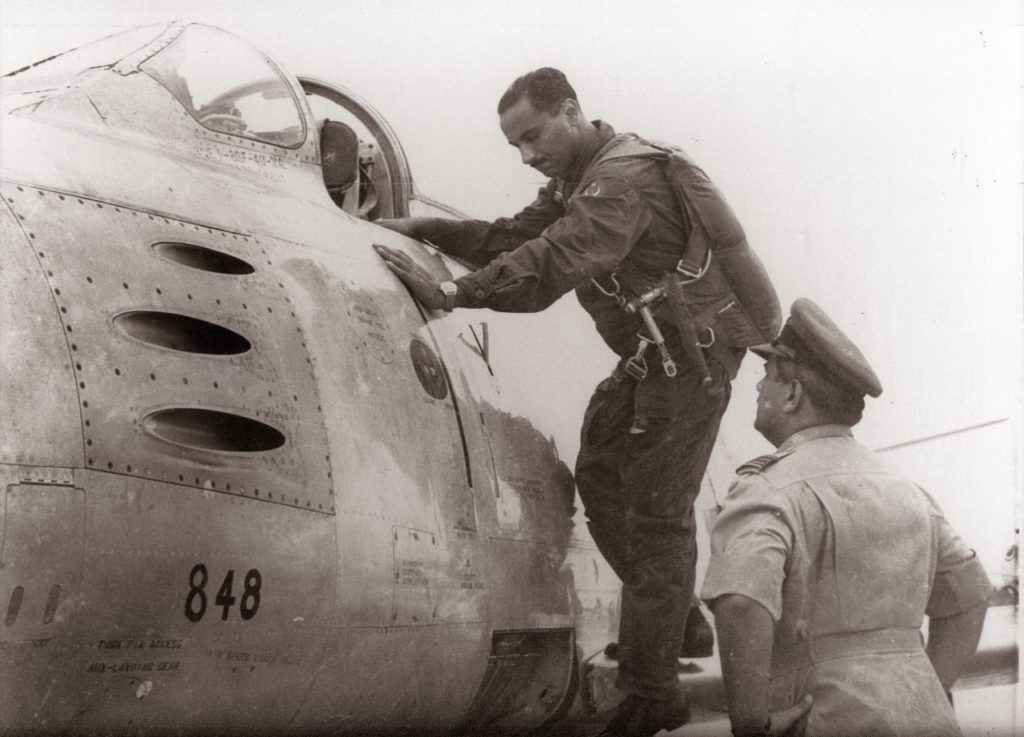
PTI Chairman Imran Khan also shared a message of condolence on Twitter: “Saddened to learn of Air Chief Marshal Asghar Khan’s death early this morning. He transformed the PAF and was a man of steadfast principles and integrity. My prayers and condolences go to his family,” the PTI chief said.
A PAF veteran-turned-politician
Khan, a former politician and a World War II veteran fighter pilot, was born in Jammu and Kashmir in 1921. He originally served as an officer in the British Indian Army.
In March 2017, the PAF Academy in Risalpur was named after Khan as a tribute to the veteran.
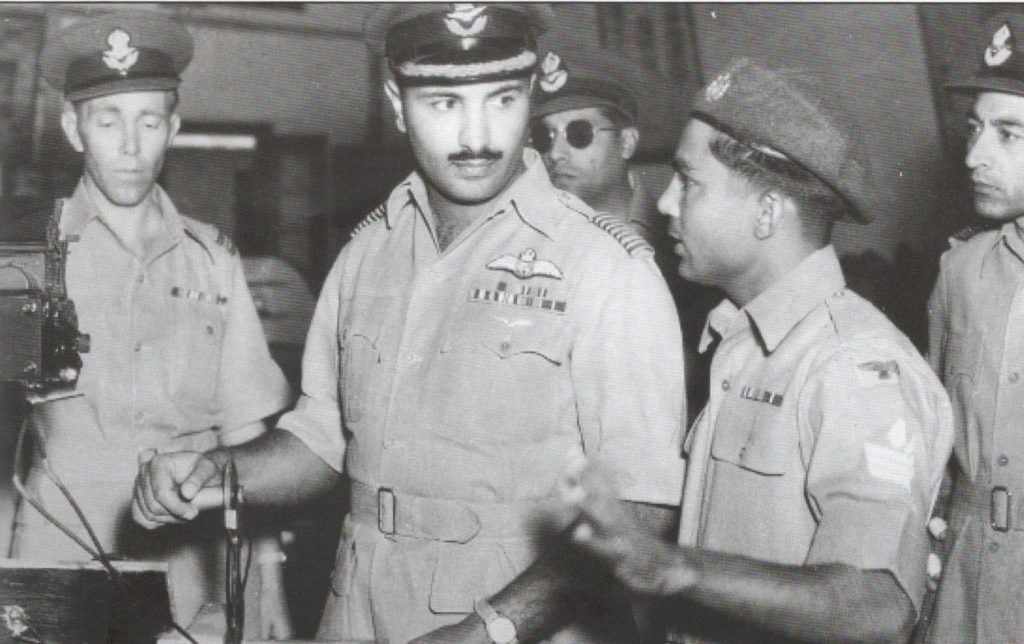
In the era of Field Marshal Ayub Khan, the former head of the PAF spearheaded a movement with the intent to have Zulfikar Ali Bhutto released from jail.
He also served as the president of Pakistan International Airlines. In 1970, Khan founded Tehreek-i-Istaqlal, a secular political party. In 2012, the party was merged with the Pakistan Tehreek-i-Insaf (PTI).
Renowned columnist Ardeshir Cowasjee, in an article published in July 2002, wrote of Khan’s time as a politician: “As an old-time officer and a gentleman to his fingertips, as an honest man of moderate means, and as a man who genuinely wished to do good by the poverty-stricken, uneducated of this country, there was no way, no way at all, that Air Marshal Asghar Khan could succeed as a politician of Pakistan, given the environment, the atmosphere that prevails and the mindset of the majority.”
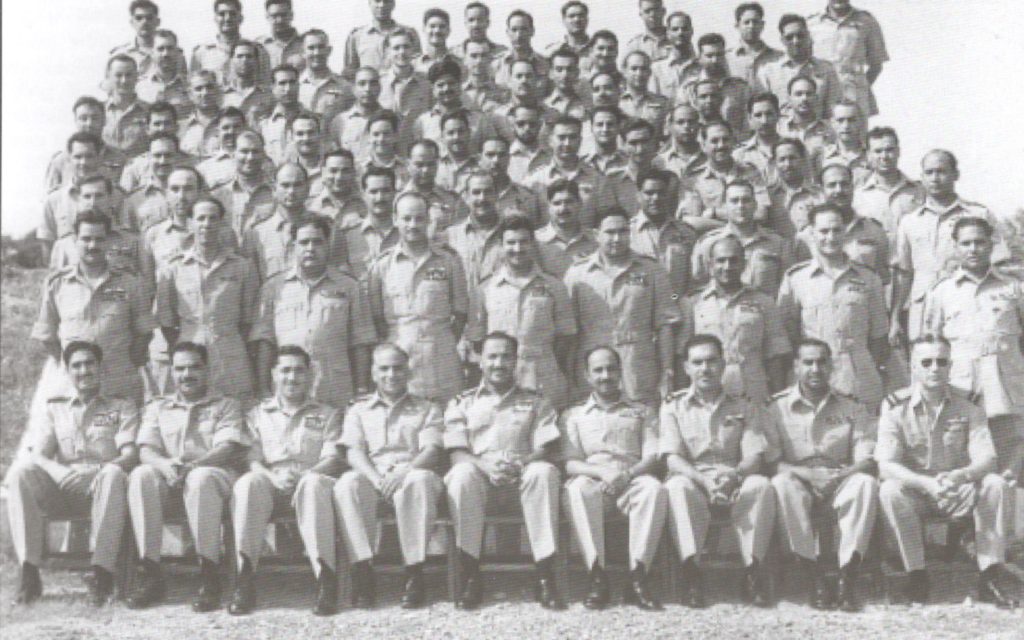
Asghar khan case
In 1996, Air Marshal Khan had filed a human rights petition in the Supreme Court of Pakistan, accusing the Inter-Services Intelligence (ISI) agency of doling out money to a group of politicians in the 1990s.
The case was initiated by the air marshal after Benazir Bhutto’s interior minister, retired general Naseerullah Babar, had disclosed in the National Assembly in 1994 how the ISI had disbursed funds to purchase the loyalty of politicians and public figures so as to manipulate the 1990 elections, form the Islami Jamhoori Ittehad (IJI), and bring about the defeat of the PPP.
16 years after the petition was filed, the Supreme Court in its judgement penned by then Chief Justice Iftikhar Chaudhry ruled that the 1990 general elections had been polluted by dishing out Rs140 million to a particular group of politicians only to deprive the people of being represented by their chosen representatives.
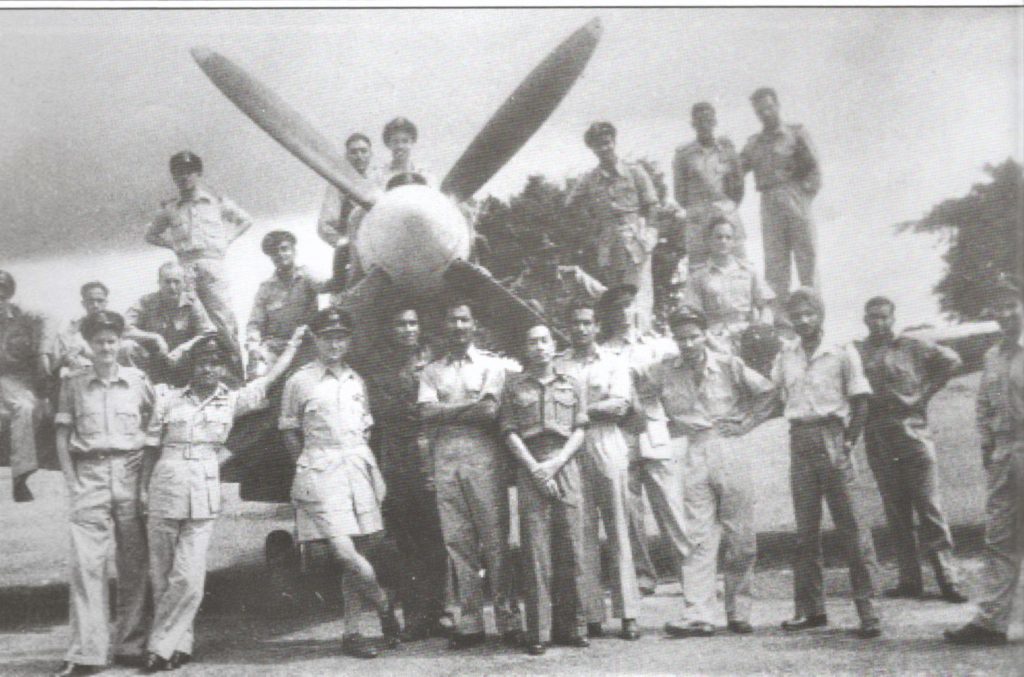
The court had, however, thrown the ball back to the then PPP government by directing it to take necessary action under the Constitution and law against former army chief retired Gen Aslam Beg and former director general of Inter-Services Intelligence retired Lt Gen Asad Durrani for their role in facilitating the group of politicians and political parties to ensure their success against their rivals in the 1990 elections.
In May 2017, PTI announced its decision to file in the Supreme Court a petition seeking implementation of the already decided and famous case.
Courtesy: Dawn


